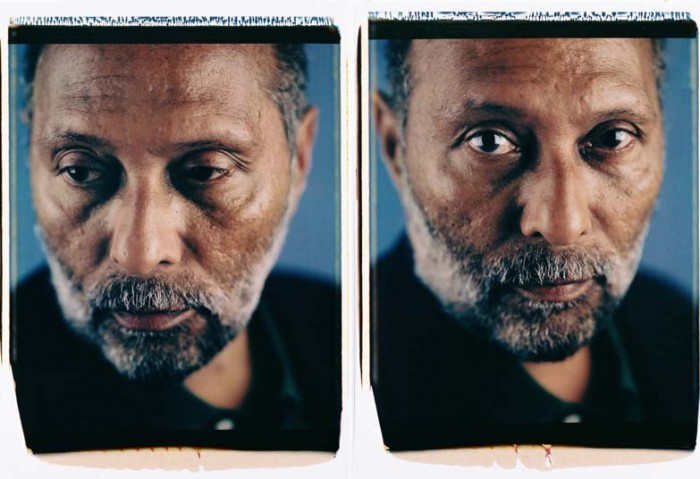Thinking Back, Thinking Ahead
FQ Editor-in-Chief B. Ruby Rich calls readers attention to the film festival and more. In the Spring 2014 issue of Film Quarterly, we pay attention, as always, to film festivals—this time, with a range of voices reporting on the Rotterdam, Berlin, True/False, and Middle East Now festivals. In this issue of Film Quarterly, we pay attention, as always, to film festivals—this time, with a range of voices reporting on the Rotterdam, Berlin, True/False, and Middle East Now festivals. These essays consider the new films on the circuit, but also think through the significance of very different festivals and cinematic histories. Festival coverage will continue to be an FQ cornerstone, alerting readers to important work coming to the public and to the politics of the festival circuit, but also heeding the larger questions of film festival instrumentality. (See the book review section for a consideration of two recent volumes assessing film festival histories.)









